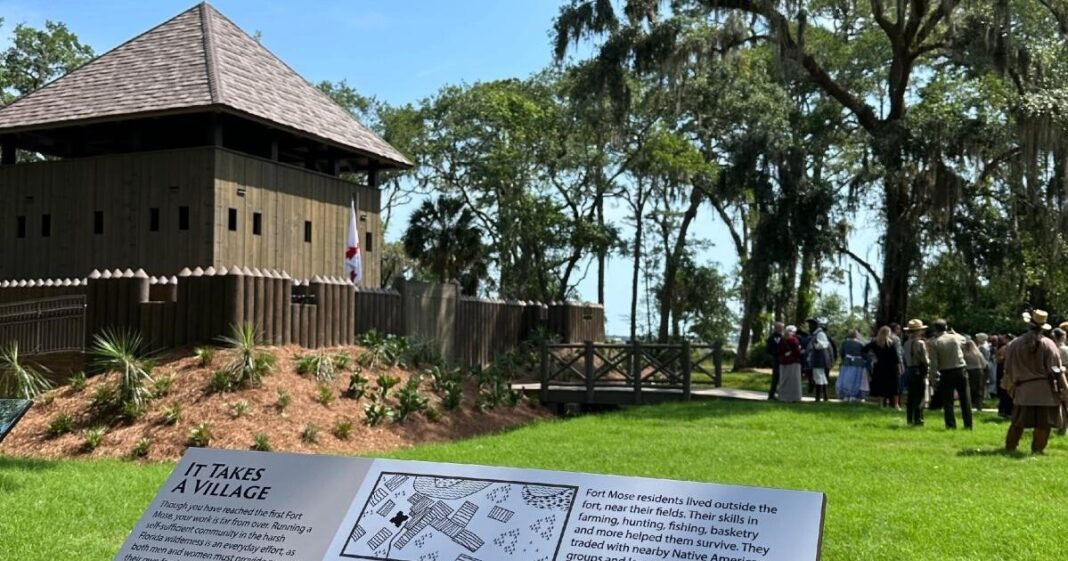Fort Mose: A Landmark of Freedom and Resilience
Just a couple of miles north of St. Augustine, Florida, lies a remarkable piece of history: Fort Mose, recognized as the first legally sanctioned free African American settlement in the United States. This hidden gem not only encapsulates a significant chapter in American history, but it also highlights the courageous journeys of those who sought freedom from oppression.
The Escape to Freedom
In the early 18th century, the plight of runaway slaves from British Carolina plantations led many to seek refuge in Spanish Florida, particularly St. Augustine. The route they took has been dubbed the “southern underground railroad,” a perilous path paved with hope. Upon reaching St. Augustine, these fugitives were granted their freedom on the condition that they converted to Catholicism and swore allegiance to the Spanish crown.
The Establishment of Fort Mose
In 1738, the Spanish government formalized this refuge by establishing a military community known as Fort Mose, designed to protect the newly liberated residents and serve as a buffer against British incursions from the north. This fort stood as a beacon of hope, representing the potential for a new life far from the shackles of slavery.
Archaeological Discoveries
Recent archaeological excavations at Fort Mose have revealed a treasure trove of artifacts that provide insight into the lives of its residents. Archaeologists have unearthed the fort’s moat, clay-covered earthen walls, and remnants of wooden structures. In addition to these foundational elements, they discovered gunflints, flattened bullets, metal buckles, household items like thimbles and nails, ceramics, food remains, and even a handmade St. Christopher’s medal. Each of these artifacts tells a story, offering a glimpse into the daily lives of those who called Fort Mose home.
The Role of African Americans in Colonial Florida
The importance of Fort Mose extends beyond its physical structure; it has become a crucial site for understanding the unsung contributions of African Americans on the colonial frontier. Archaeology has played a vital role in documenting this history, helping to illuminate the resilience and resourcefulness of a community striving for autonomy and dignity in a time of profound adversity.
Visiting Fort Mose State Park Museum
For those interested in exploring this unique piece of history, the Fort Mose State Park Museum offers a reconstructed fort and educational exhibits. The park is free and open to the public, making it accessible for all who wish to learn more about the community that once thrived here. Visitors can immerse themselves in the stories of Fort Mose, discovering its role in the broader narrative of American history.

Unearthing Florida is a collaborative project involving WUWF Public Media, the Florida Public Archaeology Network (FPAN), and its founder, Dr. Judith Bense, since 1998. FPAN’s Michael Thomin contributes valuable insights to the program, while WUWF’s Sandra Averhart serves as the executive producer.



